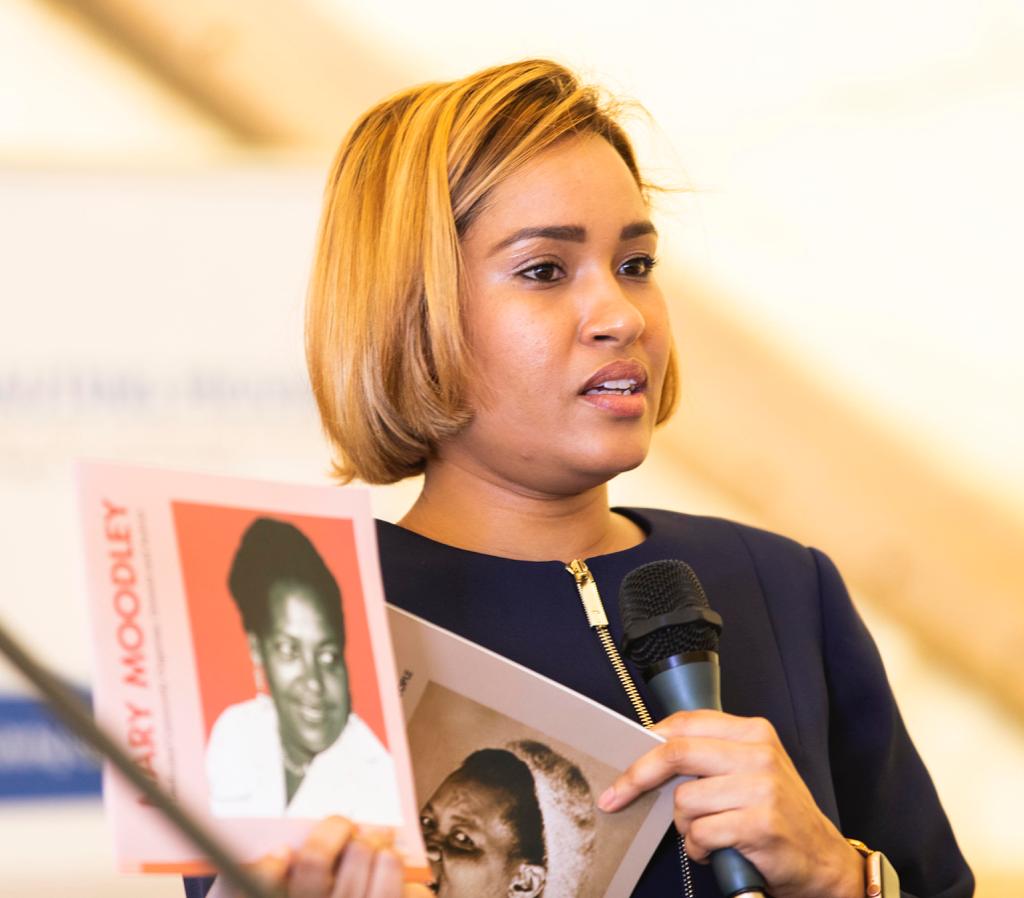Thebe Mabanga
The Gauteng government’s decision to ramp up infrastructure in the face of slowing economic growth is a “focused and deliberate” attempt to stimulate the economy through infrastructure spending that has a heavy local spending component.
This is according to Tasneem Motara, the Gauteng MEC for Infrastructure Development following the delivery of the provincial budget on Thursday.
“You have to be deliberate about your intention to stimulate the economy, you cannot just leave it to chance,” says Motara, adding that government also needs to maximise local spending in order for infrastructure to help bring about transformation.
MEC for Finance and e-Government Nomantu Nkomo-Ralehoko announced that government is to increase infrastructure spending by 9%, well above the inflation rate, to reach R 36.7 billion over the next three years.
Nkomo-Ralehoko pointed out that in line with the recently unveiled Growing Gauteng Together plan “the infrastructure budget directly supports the economy, the creation of sustainable jobs, and delivery of education, health and social infrastructure.
“We are going to be more rigorous in ensuring that we improve our planning on job creation targets and monitor the achievements of these targets” said Nkomo-Ralehoko.
The budget contains a range of other measures designed to boost the economy.
These include the introduction of Special Economic Zone to boost manufacturing, increase exports and increase jobs.
One such Zone is the Tshwane Automotive Zone, which receives R 200 million over the next three years to complement Tshwane’s investment in the facility.
The city also aims to stimulate the provision of economic infrastructure by private players through facilitation incentives worth R 145 million over the next three years.
The city will also invest R 33, 3 billion towards the Growing Gauteng Together plan, recently unveiled by Premier David Makhura at the State of the Province.
One of its key priorities is the economy, jobs and infrastructure and the plan identifies ten key growth sectors to be targeted for investment.
These include energy, with an emphasis on new technologies, transport and logistics, tourism and hospitality, food and beverages, agro processing and agribusiness including the cannabis industry, construction and infrastructure and the creative industries.
Motara says the province has built up capacity to deliver infrastructure projects within budget and on time.
Motara says their delivery is aided by using Treasury’s tender guidelines and the construction industry’s contracting standard which for example builds in a 20% cost overrun for unforeseen events which may cause delays.
As a result, the department has never had tender irregularities plague any of their projects.
Since some of the projects are community-based with local content requirement, one challenge that Motara’s department encounters is stoppage by communities to demand access to economic opportunity from the projects.
The province is about to complete its largest infrastructure project over the past three years through a R 900 million project near Helen Joseph Hospital in Auckland Park, Johannesburg.
This comprises a R500 million pathology laboratory and mortuary complex which will also be used as a training facility for Wits University as well as nursing training facility as well as some refurbishment work on the hospital itself.
Motara says with exception of specialised medical equipment which had to be imported, the materials used on the project were sourced locally, which is a boost to local businesses.
The department is also about to start with the refurbishment of the province’s hospitals, starting with four in the West Rand and will eventually cover all 32 of the province’s hospitals over the next three years.
According to the GGT, Gauteng has spent more than R80 billion on infrastructure development, improving transport, education, health, social, connectivity and economic infrastructure.
The province completed approximately 260 infrastructure projects and created 500,000 infrastructure-related employment opportunities.
Gauteng High growth sectors, which have received R 33 billion in the 2020/2021 financial year
• Energy, with a focus on new technologies and a diverse energy mix
• Transportation and logistics
• ICT and digital services with a focus on the gig economy
• Tourism and Hospitality
• Food and Beverages
- Agro-processing and agribusiness, including Cannabis industry
- Construction and Infrastructure
- Automotive, Aerospace and Defense
- Financial services
- Cultural and creative services

